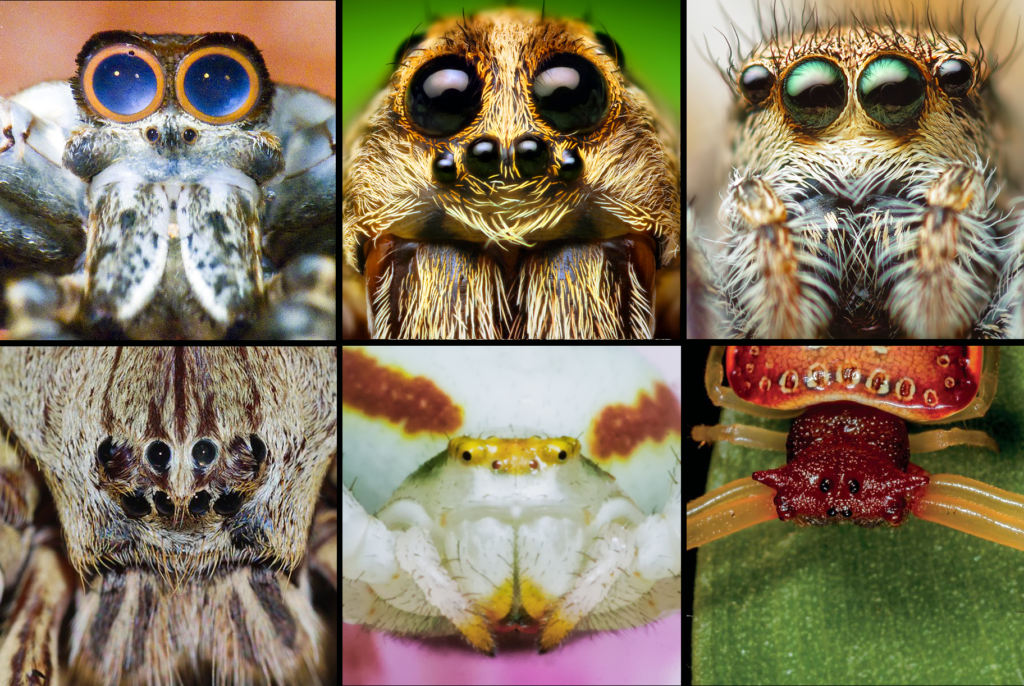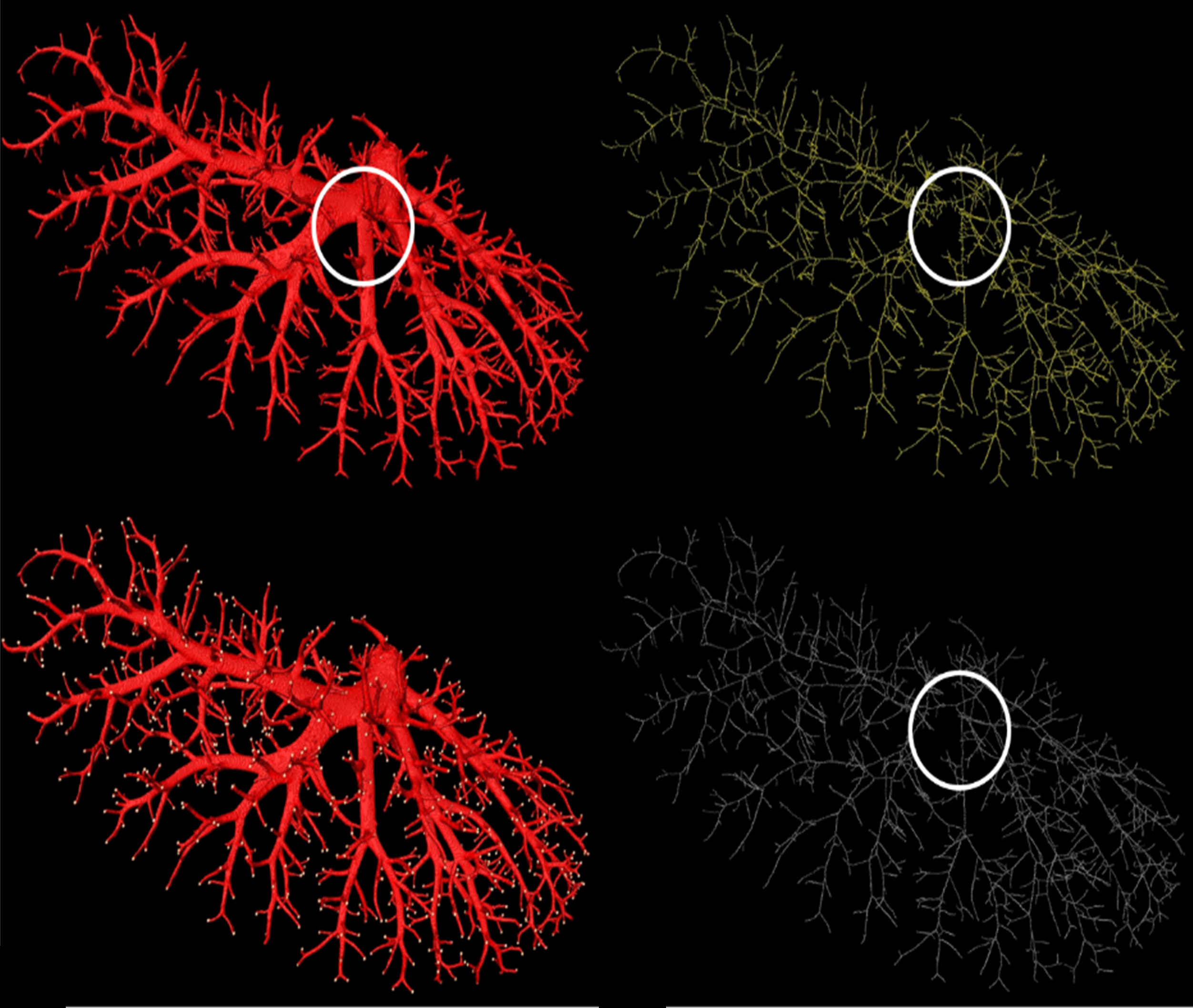Podcast Episode 9, Jesse and Sophie chat about how it is that we're able to remember (tens of) thousands of faces with relative ease, our new algorithm that can model blood vessel growth to pre-empt tumours, the ancient origins of Homo sapiens (100 000 years older than expected), and, they speak with Robert Whyte, co-author of A Field Guide to Spiders of Australia.
Join Jesse and Sophie as they cast their net overboard to snag last fortnight’s science news before heaving it aboard with their gelatinous biceps for us all to sort through. Here’s the catch: they talk about how it is that we’re able to remember (tens of) thousands of faces with relative ease, our new algorithm that can model blood vessel growth to pre-empt tumours, the ancient origins of Homo sapiens (100 000 years older than expected), and, they speak with Robert Whyte, co-author of A Field Guide to Spiders of Australia — the latest and most comprehensive guide to those wonderful eight-legged friends.
Science news
- Facial recognition in monkeys (and maybe us) — “Now, using a combination of brain imaging and single-neuron recording in macaques, biologist Doris Tsao and her colleagues at Caltech have finally cracked the neural code for face recognition. The researchers found the firing rate of each face cell corresponds to separate facial features along an axis. Like a set of dials, the cells are fine-tuned to bits of information, which they can then channel together in different combinations to create an image of every possible face,” from Scientific American. Full paper, here.
- Oldest human fossils, yet — “The discoveries, reported in Nature, suggest that our species came into the world face-first, evolving modern facial traits while the back of the skull remained elongated like those of archaic humans. The findings also suggest that the earliest chapters of our species’s story may have played out across the African continent. ‘These hominins are on the fringes of the world at that time,’” says archaeologist Michael Petraglia of the Max Planck Institute for the Science of Human History in Jena, Germany,” from Science. Full paper, here.
Interview
“Here’s a story, of some lovely ladies…” Top left: net-casting spider (Robert Whyte); top middle: wolf spider (Thomas Shahan) top right: jumping spider (Thomas Shahan); bottom left: huntsman (Tamara Negara); bottom middle: crab spider (James Allan); bottom right: horned arkys (Greg Anderson).
We speak with Robert Whyte, honorary researcher at Queensland Museum to talk about his new book from CSIRO Publishing: A Field Guide to Spiders of Australia. Robert tells us about his favourite group of spiders — jumping spiders and some of the neat things they can do, how Australia became the nursery for such rich spider diversity, and also how to cure your fear of spiders (hint, buy the book).
CSIRO news
(Top left) The hepatic vein of a rat; (bottom right) The skeleton generated by our method.
Where there’s smoke there’s fire: early cancer detection through fine-print mapping of blood vessel growth
“To grow, cancerous cells feed on a constant supply of nutrients from blood vessels. Like piping infrastructure preceding a new development, the growth of new blood vessels can be mapped to locate early-stage cancers quickly — and with our new algorithm, those maps are finer and more accurate than ever before.,” from our blog. Learn more about the study here.
Listen and subscribe
- iTunes — Subscribe to us on iTunes and leave us a rating and review, if you’re so inclined.
- Blog — Listen to ’em all online on our blog.
- RSS feed — Plug the URL of our RSS feed into whichever RSS devourer you use.
Contact us
You can get in touch with the Interronauts team via Facebook, Twitter @CSIROnews, Instagram @csirogram, or by emailing us at socialmedia@csiro.au. Thanks for listening!




14th March 2019 at 11:10 pm
Thank you for sharing excellent information. I am impressed this blog. good way keep going.
5th December 2018 at 4:58 pm
Hello Guys It’s really a great and helpful piece of info.I feel you are absolutely correct I’m glad that you just shared this helpful info
23rd November 2018 at 8:40 pm
Hello, Firends ,I am glad to read this information. It is really useful blog which is share by you. Thanks for sharing your experience with us. Hope everyone is get benefited
8th November 2018 at 8:25 pm
Hello friends, I wanna saw your post very interesting post. I’ve learn good things here. I really appreciate your post.
8th June 2018 at 7:16 pm
That was a pretty interesting post, will be looking forward to your future updates.